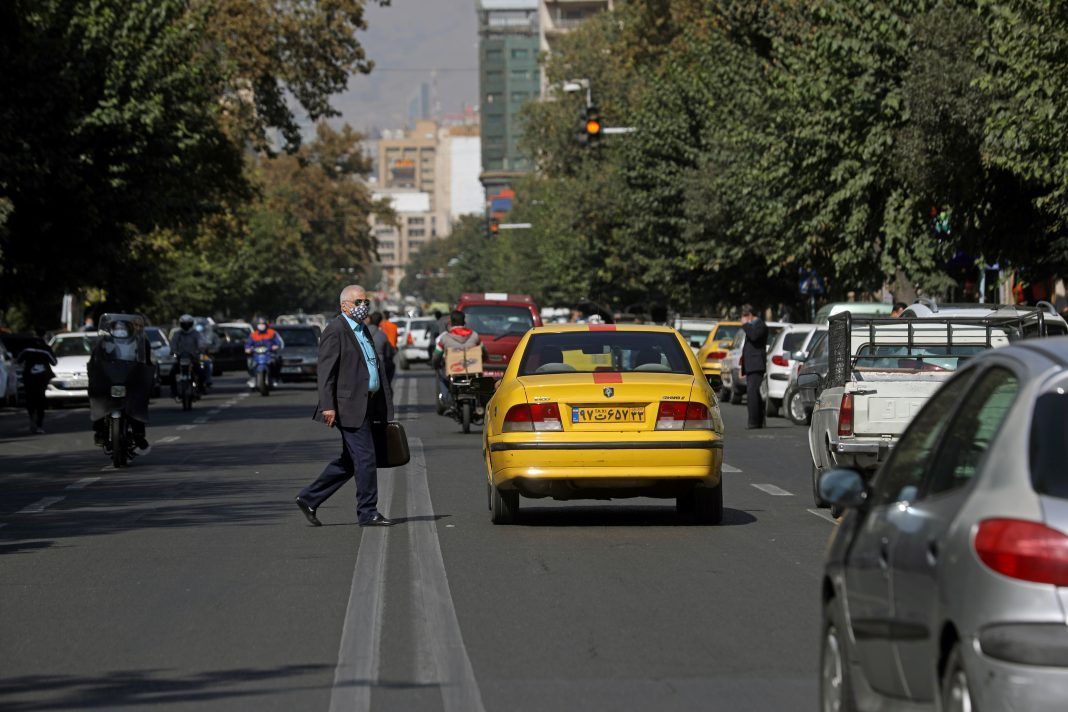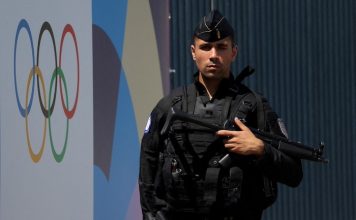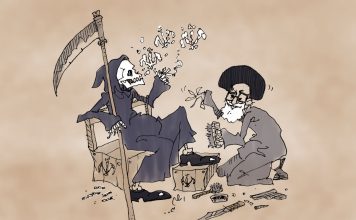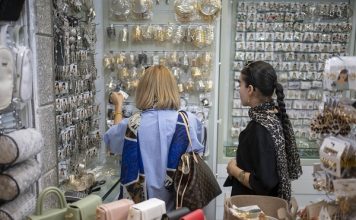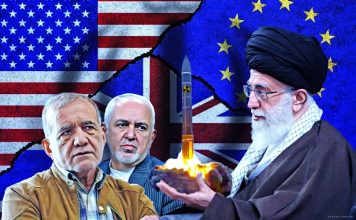By Kayhan Life Staff
Iran-Italy Chamber of Commerce Chair Ahmad Pourfallah has warned the country’s officials that they cannot jump-start the economy even if all sanctions were to be lifted unless they enact the Financial Action Task Force (FATF) Recommendations and get access to the Society for Worldwide Interbank Financial Telecommunication (SWIFT), the system used for banking transactions.
Mr. Pourfallah made the comments in an interview with the Iranian Labor News Agency (ILNA) on Nov. 9.
“Our policymakers and experts should know that conditions will not improve if the FATF is not enacted and if we cannot access SWIFT, even if all the sanctions were lifted,” Pourfallah said. “Lifting the sanctions would not help the situation if we cannot move money.”
On Feb. 21, the FATF blacklisted Iran for failing to enact the United Nations Convention against Transnational Organized Crime (UNTOC, also called the Palermo Convention), the Countering the Financing of Terrorism (CFT) and the Anti-Money Laundering (AML) acts.
The FATF is an intergovernmental organization founded in 1989 at the initiative of the G7 to develop policies to combat money laundering and terrorism financing. It operates under the auspices of the Organization for Economic Cooperation and Development (OECD), an intergovernmental economic organization with 36 member states founded in 1961 to stimulate economic progress and world trade.
The Palermo Convention is a 2000 UN-sponsored multilateral treaty against transnational organized crime.
The Belgium-based SWIFT is a messaging network used by banks and other financial institutions to send and receive information, such as money transfer instructions.
“Italy was Iran’s principal trade partner for many years, particularly in the decades following the [1979] revolution. Our trade volume reached a record high of 1.8 billion euros 10 years ago. Iran used to be the sole source for Italian refineries,” Pourfallah noted. “Our data, collected before the coronavirus pandemic, showed that the volume of trade between Iran and Italy had dropped significantly to a mere $700 million.”
“It was impossible to transfer revenue from the last sale of Iranian oil to Italy,” Pourfallah added. “However, I do not think it was an enormous amount. It was not more than $5 billion.”
Mohammad Sadr, a member of the Expediency Council, has separately warned that the country’s economy will not bounce back unless there is a resolution to the FATF, even if the Joint Comprehensive Plan of Action (JCPOA), better known as the Iran nuclear deal, is revived.
In comments reported by the Tehran-based Khabar Online on Nov. 14, Mr. Sadr said: “There were several technical discussions regarding the FATF, but the issue was sensationalized, and no decision was made at the end. We are now paying the price for that indecision. Our problems will not go away by resolving the JCPOA as long as we make no progress on the FATF.”
“Our economy can restart if we are removed from the FATF’s blacklist, even if the sanctions are not eased or lifted,” Sadr argued. “As long as we are on the FATF’s blacklist, our economy will remain stagnant, even if the sanctions are lifted. Being on the FATF’s blacklist is arguably more consequential for our economy than U.S. sanctions. So we must revisit the issue if we want to change the situation. However, there is no plan to deal with this issue as far as I can tell. At least that is what I think.”
[aesop_image img=”https://kayhanlife.com/wp-content/uploads/2020/09/2020-07-07T000000Z_1614822199_RC26OH9JIT22_RTRMADP_3_IRAN-ECONOMY-RIAL-scaled.jpg” panorama=”off” credit=”FILE PHOTO: An Iranian woman wears a protective face mask as she walks next to an electronic currency board in Tehran, Iran. REUTERS./ ” align=”center” lightbox=”off” captionsrc=”custom” captionposition=”left” revealfx=”off” overlay_revealfx=”off”]
“The U.S. must take the first step in reviving the JCPOA since it withdrew from the agreement unilaterally. The U.S. has to pay damages and show that it wants to return to the original agreement,” Sadr noted. “Six months after [President-elect Joe] Biden takes office, Iran will hold its election. We have to wait and see whether they [the U.S.] will wait for the next [Iranian] government.”
“Iran must lower its guards and leave the door open for negotiations while remaining vigilant and firm in its stance and maintain its dignity,” Sadr said. “The measure will signal that Tehran welcomes negotiations, but the U.S. must make the first move and show it is sincere and serious about making progress.”
“It would be a huge mistake to think that Mr. Biden and [President] Donald Trump are similar. That could cause serious miscalculations that may harm our country’s policies,” Sadr warned. “They are two different people entirely. Mr. Trump and Biden are two distinct personalities, and each represents a different political philosophy.”
“While Trump is to the extreme right of the Republican party, [President Barack] Obama was more to the center of the Democratic party. Biden is neither Obama nor Trump. Although Biden will try to honor Obama’s legacy, he differs from the former president,” Sadr noted. “The U.S. president-elect has hinted the U.S. may rejoin the JCPOA. We believe he means it. However, we are not clear about the details of his plan. Biden must be ready to rejoin the JCPOA by adopting a softer stance if he plans to maintain Obama’s legacy and defuse tensions in the Middle East.”
“I do not think he [Biden] can lift the sanctions unilaterally,” Sadr added.
This article was translated and adapted from Persian by Fardine Hamidi.

